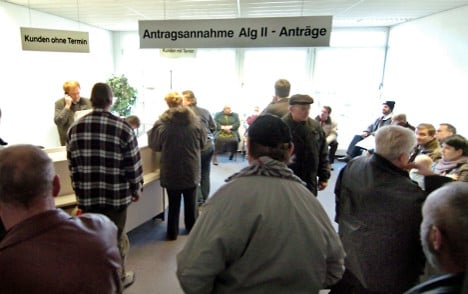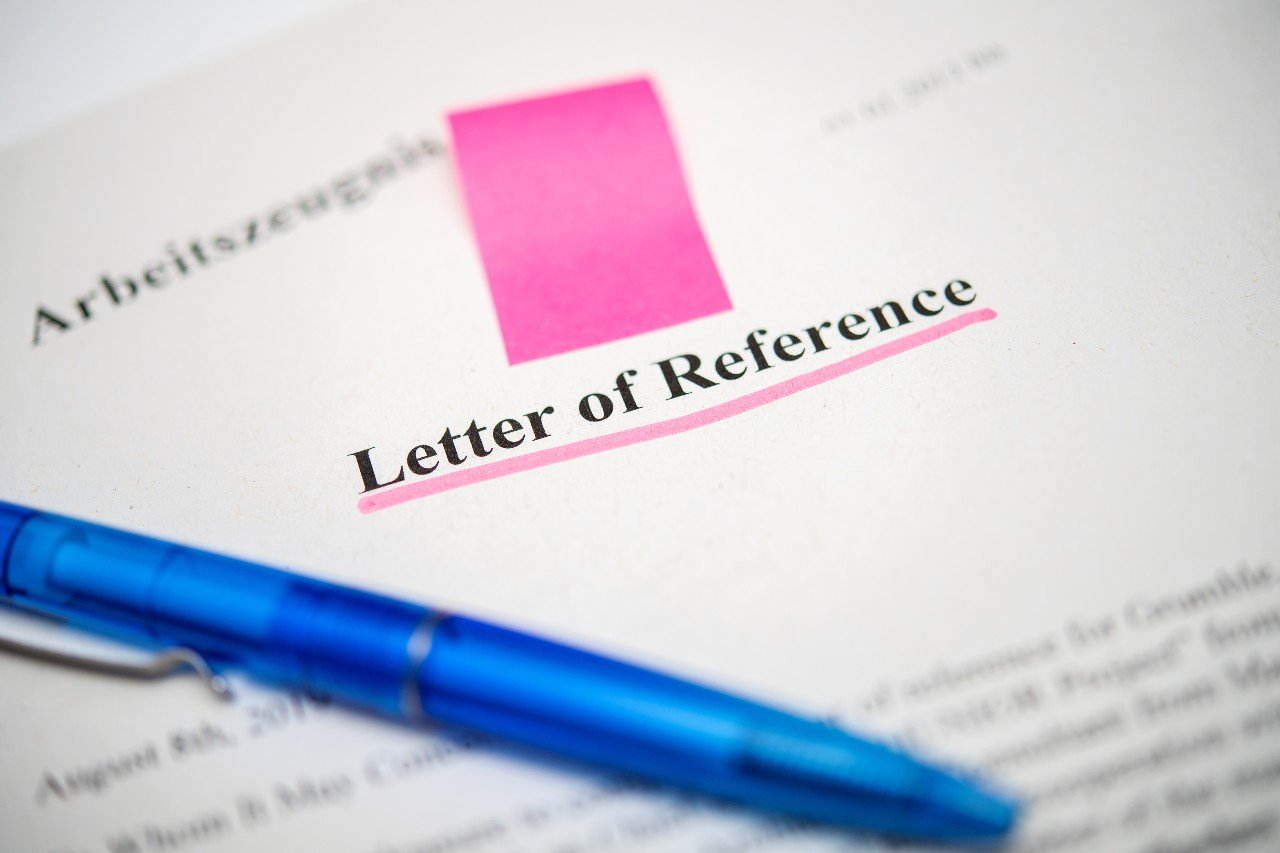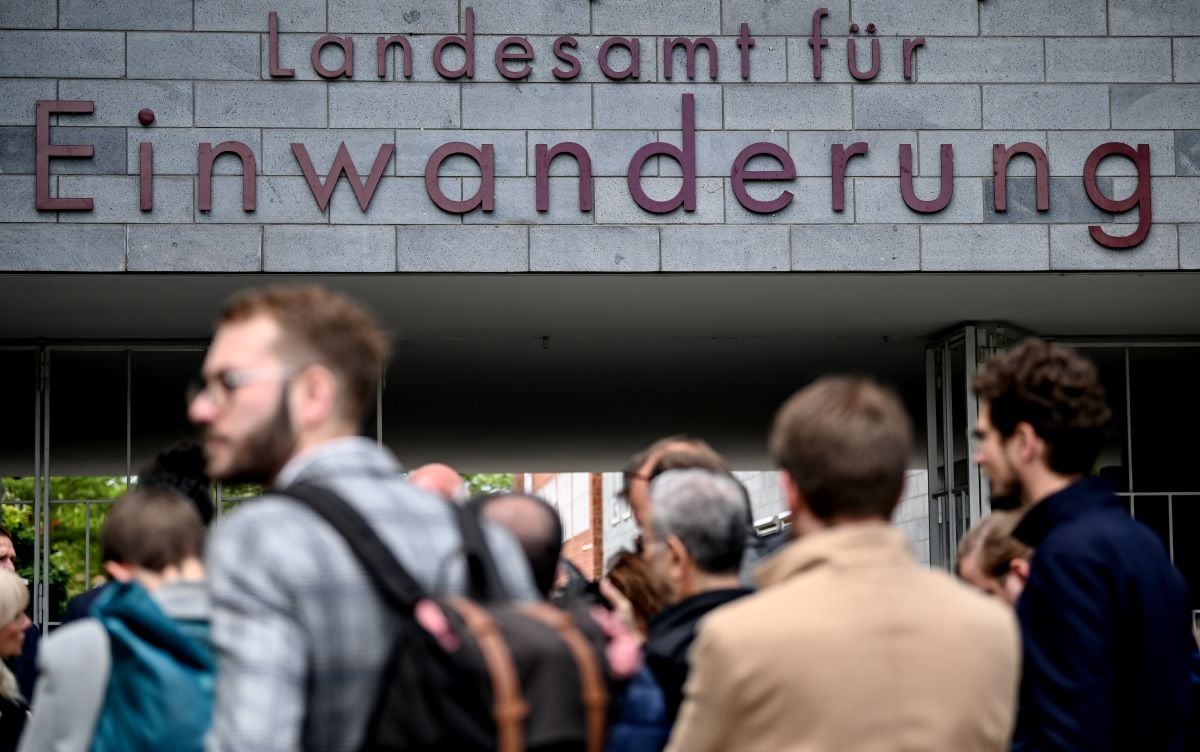The poor image most Germans have of their fellow citizens who receive the Hartz IV basic unemployment payment, which amounts to around €360 a month, was illustrated in a study by the Allensbach research institute in a study published on Tuesday.
Yet the prejudices were largely wrong, said Heinrich Alt, from the Labour Office. He said 62 percent of those on Hartz IV were actively seeking work, even though 55 percent of those surveyed did not think they were.
And although 57 percent of respondents said they thought Hartz IV recipients rejected too many job opportunities, 71 percent of recipients said they would take a job for which they were overqualified, said Alt.
He said that although 37 percent of Germans think the long-term unemployed do not want to work, for 75 percent of those concerned, finding a job is the most important thing in their lives.
Alt said he wanted to counter the image of Hartz IV recipients as lazy, choosy, poorly educated people.
Although half of Germans think Hartz IV recipients are badly qualified, 44 percent have completed a professional qualification.
“Of course we do not only have Olympic icons in receipt of basic support,” he said. “They are people with gaps in their work histories, with rough edges.” But he said these kind of qualities can be of interest to prospective employers.
“The majority are motivated and deserve a second chance,” he said.
Yet as Alt was trying to improve the image of Hartz IV recipients, figures released on Tuesday showed that the number being punished with reduction of their payments was reaching record highs.
The Labour Office punished more than half a million in the first half of the year, and the figure for the full year is expected to break a million for the first time.
A spokesman for the office said the good situation in the labour market meant many jobs had been offered to those out of work. Sanctions are used to reduce the payments of those who refuse jobs on offer. But the spokesman would not speculate about the reasons behind the record number of refusals.
DAPD/DPA/The Local/hc





 Please whitelist us to continue reading.
Please whitelist us to continue reading.
Member comments